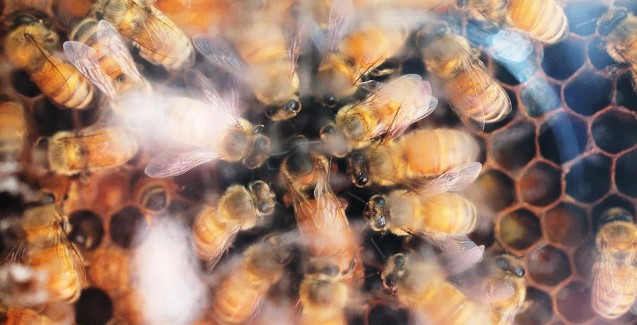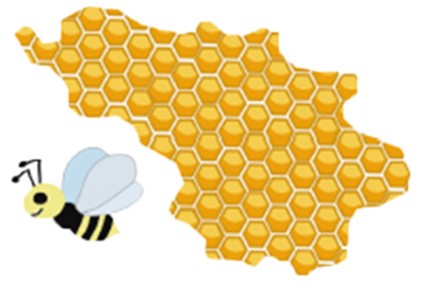
A California judge granted a reprieve to bees in California on Dec. 3 by ruling that approval of the pesticide sulfoxaflor violated state environmental law. Earthjustice represented beekeepers in court against the California Department of Pesticide Regulation. The ruling comes just in time to protect bees pollinating California’s almond crop.
The decision is welcome news not just for bees and other pollinators such as monarch butterflies that are harmed by sulfoxaflor, but for agriculture, our food security, and the wider ecosystems upon which we all depend. Earthjustice fights to sustain the biodiversity necessary for our planet to flourish, and this win is a step in the right direction.
Bees are in crisis and need advocates to fight for them.
- Honeybee colony collapse represents a growing threat to agriculture and biodiversity with multiple root causes, including pesticides.
- From April 2020 to April 2021, beekeepers in the U.S. reported losing 45.5% of their managed honeybee colonies. This is the second-highest annual loss on record.
- The California ruling has national implications. Most commercial bee colonies across the U.S. spend part of the year in the state.
As a result of our legal victory, sulfoxaflor can’t be used in California.
- The court ruled that the Department of Pesticide Regulation approved sulfoxaflor without adequately assessing how it would affect pollinators or considering alternatives to its use.
- California cannot reapprove sulfoxaflor without addressing its impact on pollinators.
- Earthjustice is also representing the Pollinator Stewardship Council, the American Beekeeper Federation, and beekeeper Jeff Anderson in a separate lawsuit targeting the EPA’s federal approval of sulfoxaflor in 2019. A decision in the federal case is expected soon.
Bee deaths from sulfoxaflor highlight the threat posed by neonicotinoid insecticides.
- Sulfoxaflor belongs to a class of insecticides that also includes neonicotinoids. These chemicals are systemic, meaning they are absorbed by growing plants and persist in the plants’ tissues.
- Bees are especially vulnerable to systemic pesticides, which can poison entire colonies of bees with tainted pollen and nectar.
- California and other jurisdictions need to turn their attention to protecting pollinators from the entire class of systemic insecticides, including sulfoxaflor and neonicotinoids, that threaten our future.
Protecting bees is one component of our fight against mass die-offs of plants and animals. Join Earthjustice in asking the Biden administration to restore the Endangered Species Act, the most powerful legal tool we have for protecting species from extinction.
